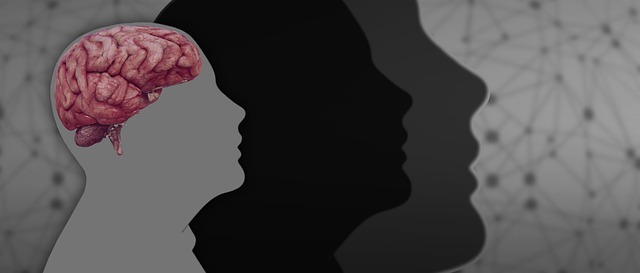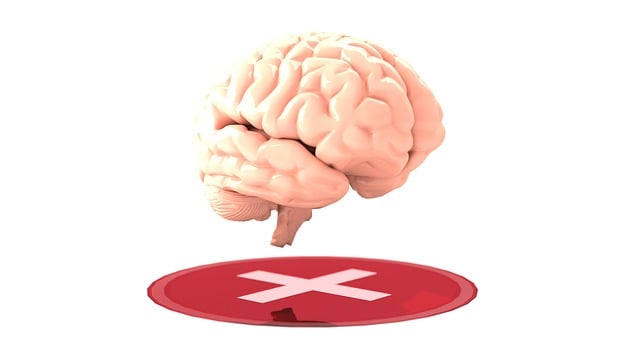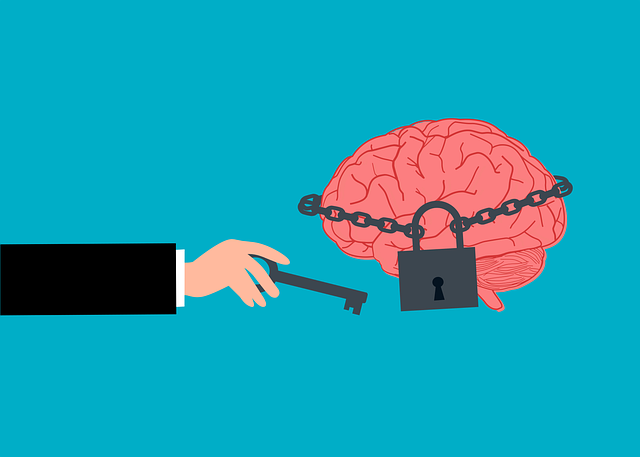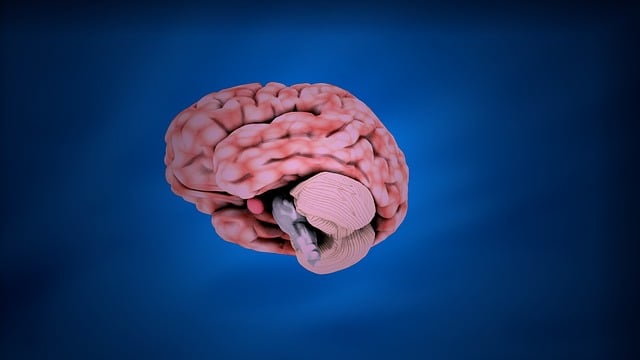Colorado Springs Learning Disability Therapy is a specialized service addressing the often-neglected area of social skills development in mental health support. By focusing on crisis intervention, conflict resolution, and emotional intelligence training, they equip individuals with coping strategies to manage conditions like anxiety and depression. Their holistic approach combines evidence-based methods, mindfulness meditation, and personalized sessions to reduce stigma, enhance stress management, and improve academic progress and overall well-being. Through building strong support systems and integrating diverse communities, Colorado Springs Learning Disability Therapy fosters deeper connections and empowers individuals to take charge of their mental health.
Social skills training is a powerful tool for managing mental health conditions, offering a path to improved well-being. This comprehensive guide explores the intricate link between social interaction and mental health, delving into specific challenges faced by individuals with learning disabilities in Colorado Springs. We examine the transformative role of therapy, providing practical strategies for enhancing social engagements. Additionally, we emphasize the importance of building supportive communities, fostering inclusion, and navigating social interactions with confidence.
- Understanding the Connection Between Social Skills and Mental Health
- Identifying Challenges: Common Social Hurdles for Individuals with Mental Health Conditions
- The Role of Therapy in Colorado Springs Learning Disability Treatment
- Practical Strategies for Enhancing Social Interactions
- Building Support Systems and Fostering Community Inclusion
Understanding the Connection Between Social Skills and Mental Health

In the realm of mental health support, Colorado Springs Learning Disability Therapy offers a crucial service by addressing an often overlooked aspect: social skills development. The connection between an individual’s ability to navigate social interactions and their mental well-being is significant. Many mental health conditions can impact an individual’s capacity for social engagement, leading to feelings of isolation and exacerbating symptoms. For instance, individuals with anxiety disorders might struggle with initiating conversations or maintaining eye contact, while those with depression may exhibit a lack of interest in social activities.
Social skills training serves as a powerful tool in managing these conditions, offering more than just polite interactions. It encompasses a range of techniques, from crisis intervention guidance to conflict resolution strategies, empowering individuals to handle interpersonal challenges effectively. By enhancing emotional intelligence, individuals can better understand and manage their emotions, as well as recognize and respond appropriately to the emotions of others. This not only fosters healthier relationships but also provides a sense of control and confidence in social settings, which is vital for maintaining positive mental health.
Identifying Challenges: Common Social Hurdles for Individuals with Mental Health Conditions

Many individuals with mental health conditions face unique challenges when it comes to social interactions due to a variety of factors, including symptoms of their disorder, past traumatic experiences, or side effects from medication. In Colorado Springs Learning Disability Therapy, professionals often encounter clients who struggle with basic social skills, such as initiating conversations, maintaining eye contact, or interpreting non-verbal cues. These hurdles can significantly impact their ability to form and sustain relationships, leading to feelings of isolation and low self-esteem.
For instance, individuals dealing with anxiety disorders might experience excessive worry in social settings, while those with depression may lack the motivation to engage in social activities. Self-Awareness Exercises play a crucial role in helping them recognize these internal barriers and learn coping strategies. Furthermore, mental wellness professionals conducting risk assessments are trained to identify subtle signs of distress or potential harm during interactions, ensuring a safe and supportive environment for clients to build confidence and navigate social challenges effectively.
The Role of Therapy in Colorado Springs Learning Disability Treatment

In Colorado Springs Learning Disability Therapy, a comprehensive approach to treating mental health conditions involves a blend of traditional talk therapy and innovative techniques. Therapists in this region utilize evidence-based methods tailored to address specific learning disabilities while also fostering emotional regulation and mindfulness meditation skills. These strategies prove instrumental in helping individuals manage symptoms of mental illness and reduce the impact of stigma associated with seeking treatment.
Through personalized therapy sessions, clients gain valuable tools for coping with everyday challenges. Therapists incorporate Mental Illness Stigma Reduction Efforts to create a supportive environment where individuals feel empowered to express their feelings openly. By integrating emotional regulation techniques, such as deep breathing exercises and grounding strategies, Colorado Springs Learning Disability Therapy enhances clients’ ability to navigate stress and anxiety effectively. This holistic approach not only supports academic progress but also fosters overall well-being.
Practical Strategies for Enhancing Social Interactions

In the realm of Colorado Springs learning disability therapy, practical strategies for enhancing social interactions are pivotal to fostering mental wellness and anxiety relief. Therapists often emphasize the importance of emotional intelligence (EQ) as a foundational step. Teaching individuals with mental health conditions to recognize and manage their own emotions, as well as understand the emotions of others, can significantly improve their ability to engage in meaningful social exchanges. This includes simple yet powerful techniques like active listening, where full attention is given to both verbal and non-verbal cues from conversation partners.
Additionally, role-playing scenarios are frequently used to practice various social situations, helping clients build confidence and refine their responses. By repeatedly exposing individuals to these settings in a controlled environment, they become better equipped to handle real-world interactions, thereby boosting their overall mental wellness and reducing anxiety. Such approaches not only empower individuals with better communication skills but also create opportunities for deeper connections and improved quality of life.
Building Support Systems and Fostering Community Inclusion

Building strong support systems is a cornerstone of social skills training for mental health conditions. In Colorado Springs Learning Disability Therapy, professionals emphasize the importance of creating a community where individuals feel seen, heard, and valued. This involves fostering connections with peers, family members, and healthcare providers who can offer encouragement, understanding, and practical assistance. By integrating these support systems into daily life, individuals develop resilience—a key component in managing mental health challenges effectively.
Community inclusion is another vital aspect of holistic therapy. Encouraging participation in social activities, groups, or clubs aligned with personal interests helps break down barriers and promotes a sense of belonging. Healthcare provider cultural competency training plays a significant role here, ensuring that therapists are equipped to address the unique needs of diverse populations. Embracing Mind Over Matter principles further empowers individuals to take charge of their mental well-being, fostering a positive mindset that strengthens their ability to navigate social interactions confidently.
Social skills training plays a pivotal role in enhancing the lives of individuals with mental health conditions, particularly those seeking Colorado Springs learning disability therapy. By addressing common social challenges and leveraging therapeutic approaches, this training empowers people to navigate social interactions more effectively. The strategies outlined, coupled with building supportive communities, foster inclusion and overall well-being. For those in Colorado Springs pursuing learning disability therapy, integrating social skills development can be a transformative game-changer, leading to improved mental health outcomes and enhanced quality of life.











